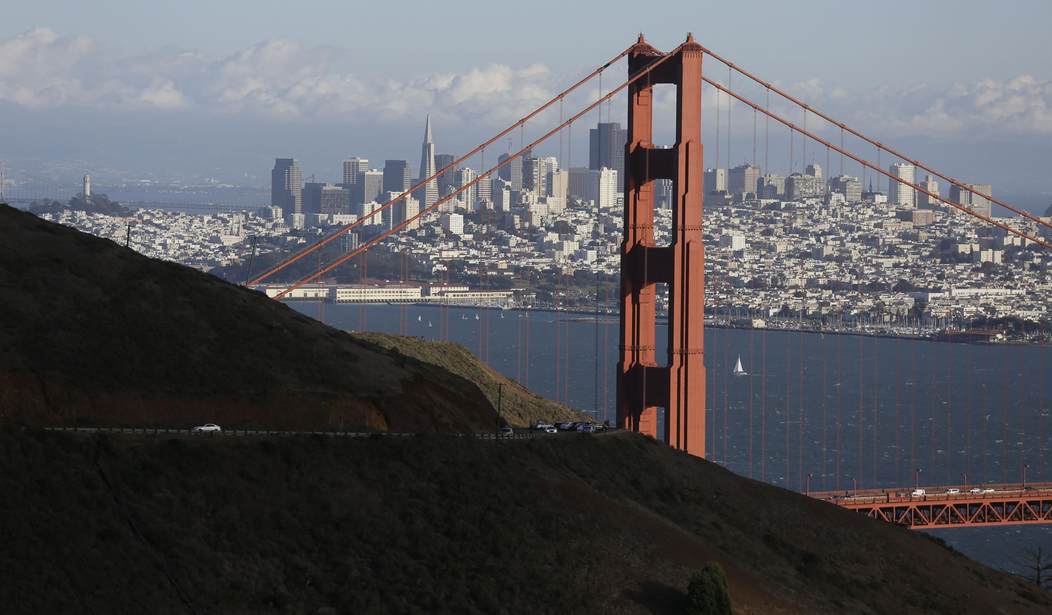Back in June we learned that two of San Francisco’s largest hotels were defaulting on their loans and basically turning the properties back over to the bank.
The owner of two of San Francisco’s largest downtown hotels is stopping mortgage payments and going into foreclosure on the properties, stating that the city faces “major challenges” and that reducing exposure to the market is in the best interest of investors.
Park Hotels & Resorts said Monday that it was stopping payment on a $725 million loan secured by the two hotels, the 1,921-room Hilton San Francisco Union Square and 1,024-room Parc 55.
The Hilton is San Francisco’s largest hotel, and Parc 55 is the fourth largest.
That was followed a few days later by the owner of SF’s largest mall doing the same thing.
The owners of the Westfield San Francisco Centre mall are giving up the property to lenders, adding to deepening real estate pain in a city struggling to bring back workers and tourists after the pandemic.
The mall, co-owned by Unibail-Rodamco-Westfield and Brookfield Corp., has $558 million in outstanding mortgage debt. Management will be turned over to a receiver.
Last week the SF Chronicle reported there were several more signs of likely defaults during the month of August.
In August, loans tied to three more properties — 222 Kearny St., 995 Market St. and 1045 Bryant St. — went into special servicing, indicating a default has occurred or is imminent, according to credit ratings agency DBRS Morningstar…
In August, GEM Realty Capital missed a payment on a $23.8 million loan tied to 222 Kearny St. The downtown office building is partially leased to once high-flying co-working firm WeWork, which is now in danger of bankruptcy. Occupancy has dropped from 100% in March 2020 to 73% this past March, according to DBRS Morningstar. GEM didn’t respond to a request for comment.
At another office building once occupied by WeWork, 995 Market St., Bridgeton Holdings defaulted on a $44 million loan in August and said it would stop making payments, the Chronicle previously reported.
A $12.5 million mortgage tied to 1045 Bryant St. was transferred to a special servicer in August.
All of this is very bad news for the city because it means the pattern of decline hasn’t stopped yet. And there could be more defaults to come as some of the city’s biggest properties have payment deadlines coming in the next several months.
The problem for San Francisco isn’t limited to the commercial real estate sector. The real concern is that this is just the start of a broader doom loop. Abandoned properties result in lower revenues to city coffers. Lower revenues necessitate cuts in city services. Cuts in services result in more street level problems on trains and sidewalks which makes the downtown space less appealing for workers and shoppers. And the whole cycle begins to look pretty doom loopy unless something changes:
While tourists are returning, unemployment is low and artificial intelligence companies are signing leases, stores are still closing and nearly one-third of office space is listed for lease or sublease, a record high, according to brokerage CBRE.
Real estate experts believe that vacancy will peak next year and that AI could usher in a new era of economic vitality, pulling the city to a sustainable recovery.
For now, remote work continues to drag down San Francisco’s critical office sector, which accounts for the lion’s share of property taxes and gross receipts taxes. Office swipe-ins tracked by Kastle, a building securities company, put San Francisco’s occupancy rates below 45% of 2019 levels, behind most major U.S. cities and relatively unchanged for the past year…
Empty offices empty out city coffers. The city lost an estimated $484 million from remote work in 2021, and the annual budget deficit could exceed $1 billion within the next few years, according to the city’s controller…
That’s all bad news for San Francisco’s mammoth $14.6 billion budget, which is higher than around a dozen U.S. states after swelling from a decade of tech growth.
The bottom line is that 5 days in the office is probably not coming back anytime soon. Maybe the city can stabilize as prices come down but that will take time. During that time, San Francisco still has to pay its bills with less money coming in. Whether that decline is irreversible is open to debate but the city probably hasn’t hit rock bottom yet.









Join the conversation as a VIP Member